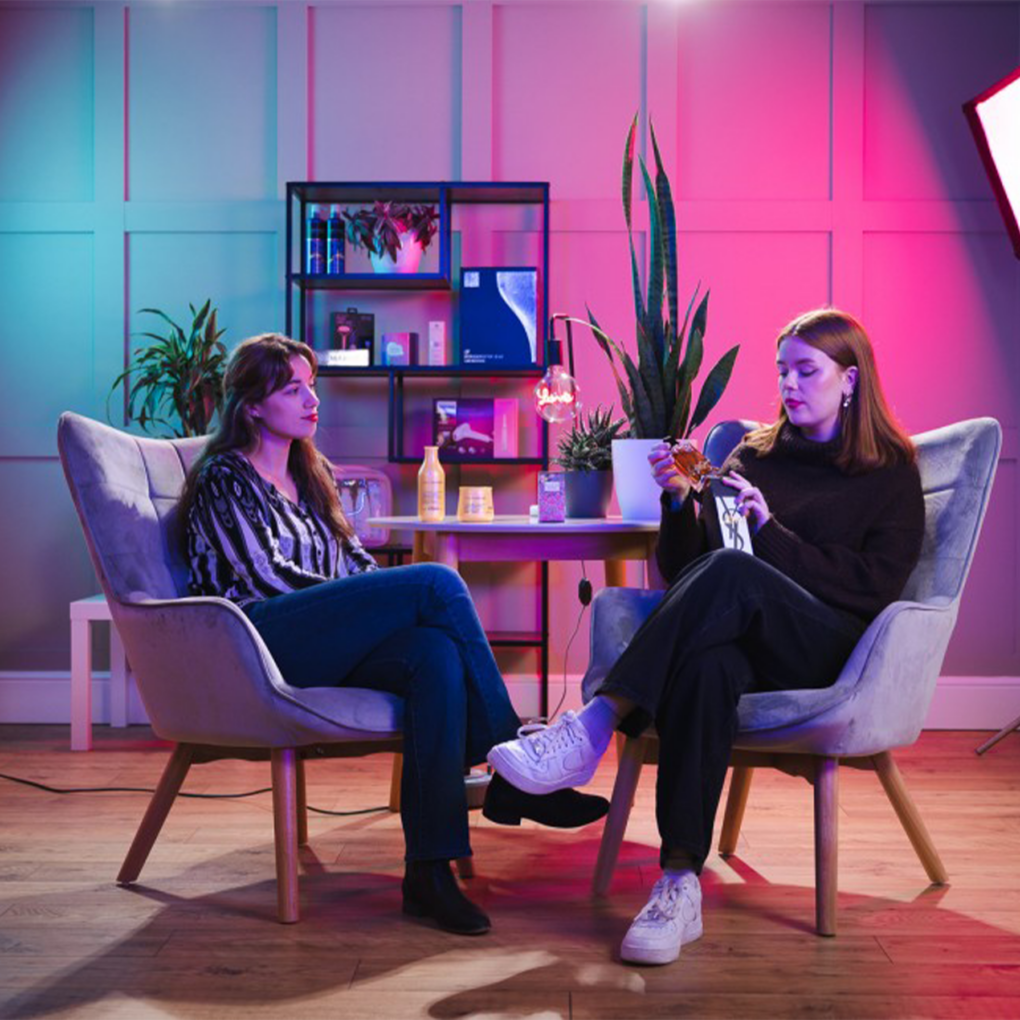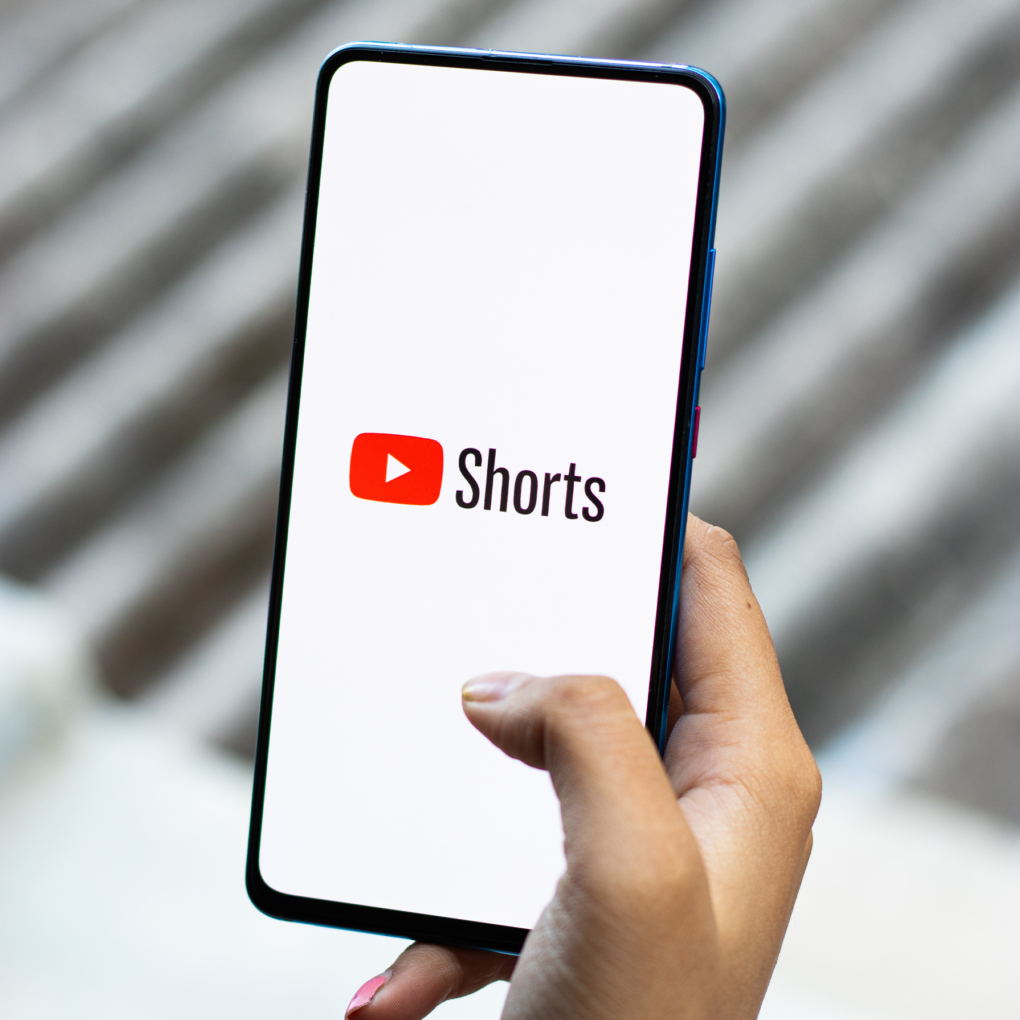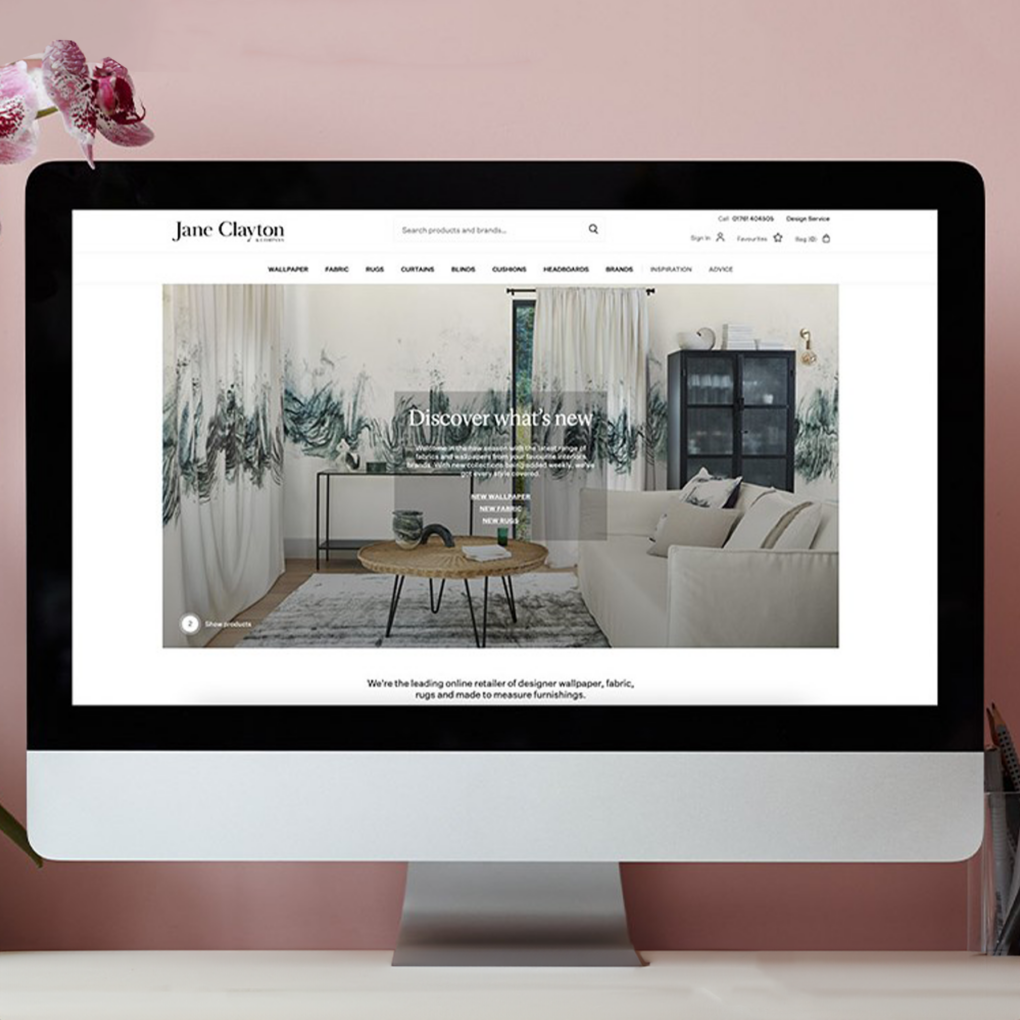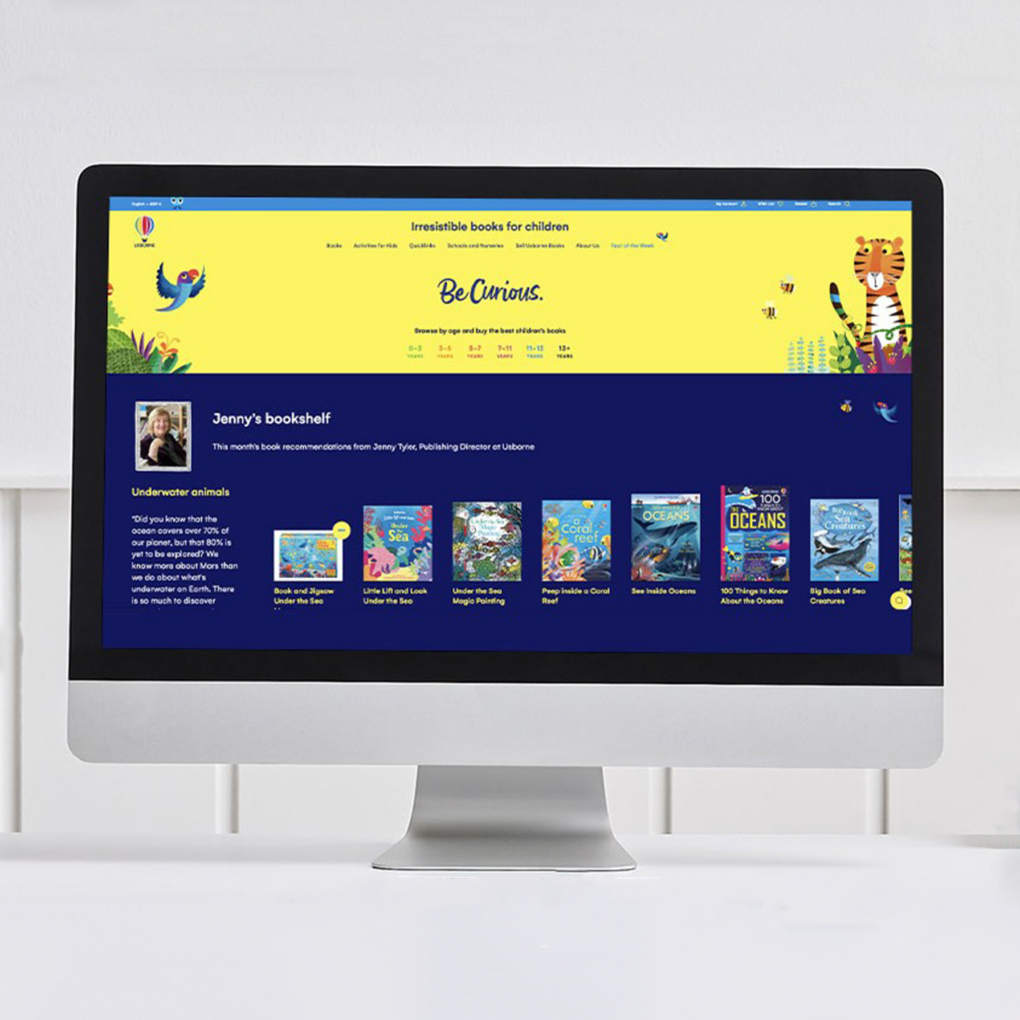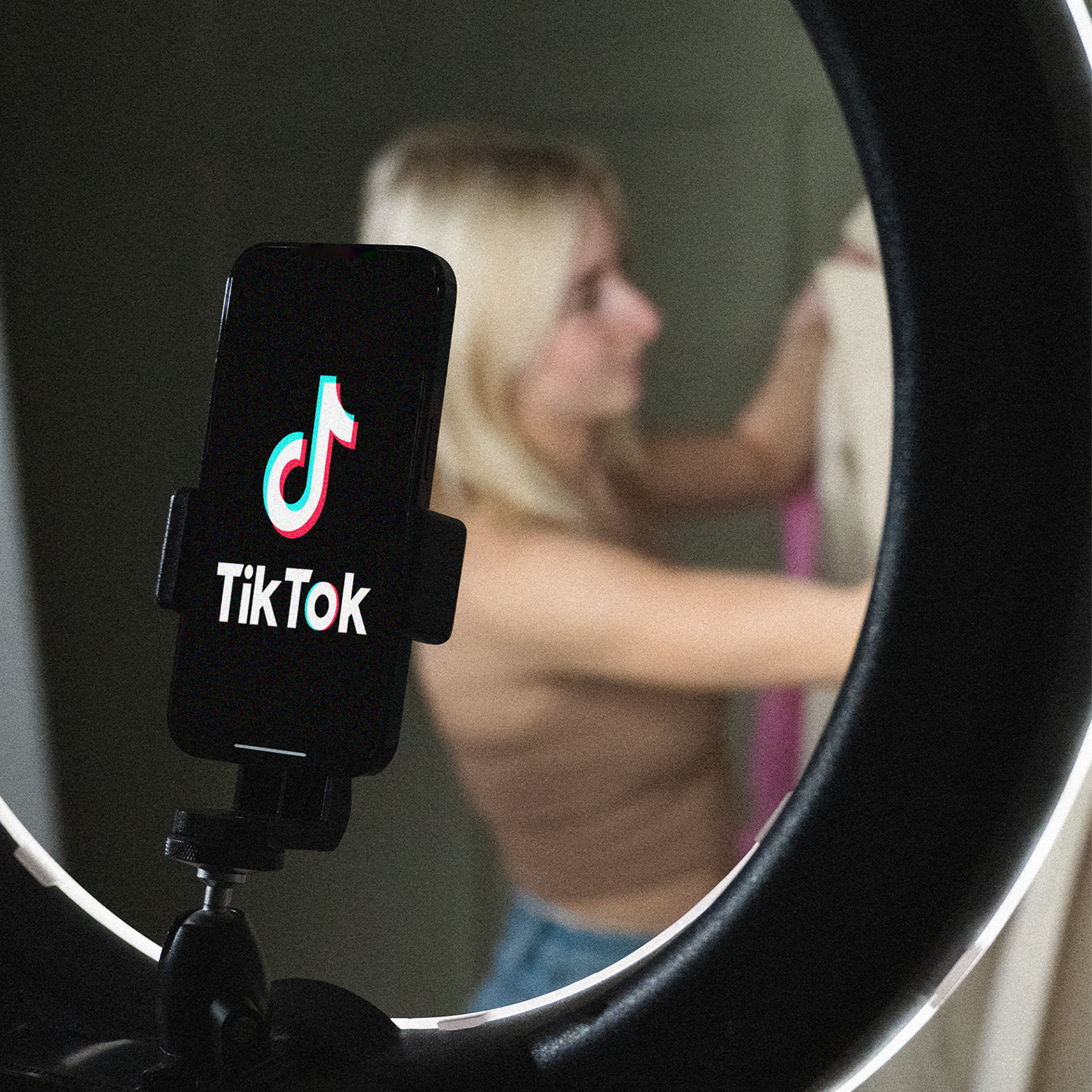User-generated content (UGC) is incredibly powerful and it is fast becoming the focus for most brand’s online marketing strategies. User generated content, is any form of online content that is created by the users themselves. Examples of which are blogs, wikis, discussion forums, posts, chats, tweets, podcasting, pins, digital images, videos etc. UGC, is far from being a new concept, but it has snowballed to become more than just mere content, but examples of where users are free to tell their own stories, to discuss who they are as consumers and what products mean to them in relation to their lifestyles and personas. UGC, is a vehicle for online self expression and in expressing themselves through your products, users are promoting your products at the same time. By creating instagramable moments and sharing their experiences of your products, users are not only giving you free publicity, they are validating your very existence as a legitimate, meaningful and purposeful purveyor of goods, thus they are helping to increase your sales. Here is why.
There are no testimonials more meaningful to consumers than those given by their peers. Recommendations about certain brands and products, from their peer group are given huge importance by consumers. This is great for site owners. All you have to do is create a space where users can share stories about their positive experiences of your brand and share and engage with their comments and the rest will take care of itself. The peers of these users will see this for what it is; customer satisfaction and great service. The likes of Air bnb have gained huge momentum in terms of sales, through their positive online reviews. This is simply down to the fact that consumers care more about the opinions of strangers than your companies sales messaging.
Social Media is hugely influential in consumer behaviour, not because brands are necessarily utilising the various platforms in order to promote their products effectively, but because the platforms are rife with influencers and individuals your consumers aspire to being like, all shouting about their latest purchases or activities. A prime example of UGC in full effect was the recent UK election, where Social Media was said to be extremely influential. Not because of the campaigns by some of the major parties, but because users liked and shared content, thus validating it in the eyes of other similar users.
A great examples of an instance where brands have provided a space for UCG to thrive, is in the case of T-mobile. T-mobile, offered to pay a cancellation fee to all consumers who left their current network provider and switched to T-mobile. They launched a Facebook app that allowed user to write an anti love-letter to their old providers, letting them know they would be “breaking up” with them, in favour of entering a new contract with T-mobile. The concept was incredibly popular, leading to a lot of likes, shares and comments and of course brand exposure, for T-mobile. The stunt was great for T-mobile as they were able to monitor through their app the types of letters that were generated, omitting any which proved inappropriate, whilst at the same time enjoying the free publicity.
American glasses brand, Warby- Parker created a great gimmick to encourage UGC, when it launched its “Home Try On” campaign. It dealt with their consumer’s needs to try their products before they bought them, whilst at the same time encouraging user generated content. The simple concept behind the campaign, saw the company sending pairs of glasses to their consumers, encouraging them to try on the glasses for five days and post a picture on Facebook of themselves wearing them, with the hashtag #WarbyHomeTryOn. A wealth of prospective new consumers gets a feel for the brand and the products, when they view their Facebook friend’s selfies, whilst at the same time the consumer who were initially sent the glasses, are much more likely to keep the product and not send them back for a refund.
The breast cancer awareness campaign, which encouraged Facebook users to post a make-up free selfie, was also hugely effective in that the selfies generated a lot of comments, shares and likes and caused a real buzz. The selfies were posted with relevant hashtags so that the brand and its message was never forgotten.
UCG is hugely powerful, because it is centered around the individual. The consumer is in the driving seat, it is all about them. Creating opportunities for consumers to engage in conversation about your brand and create content relating to it, is massively beneficial to you, the eCommerce site owner. You seek to gain powerful exposure and the validation that other customers need to go and purchase your products for themselves.


